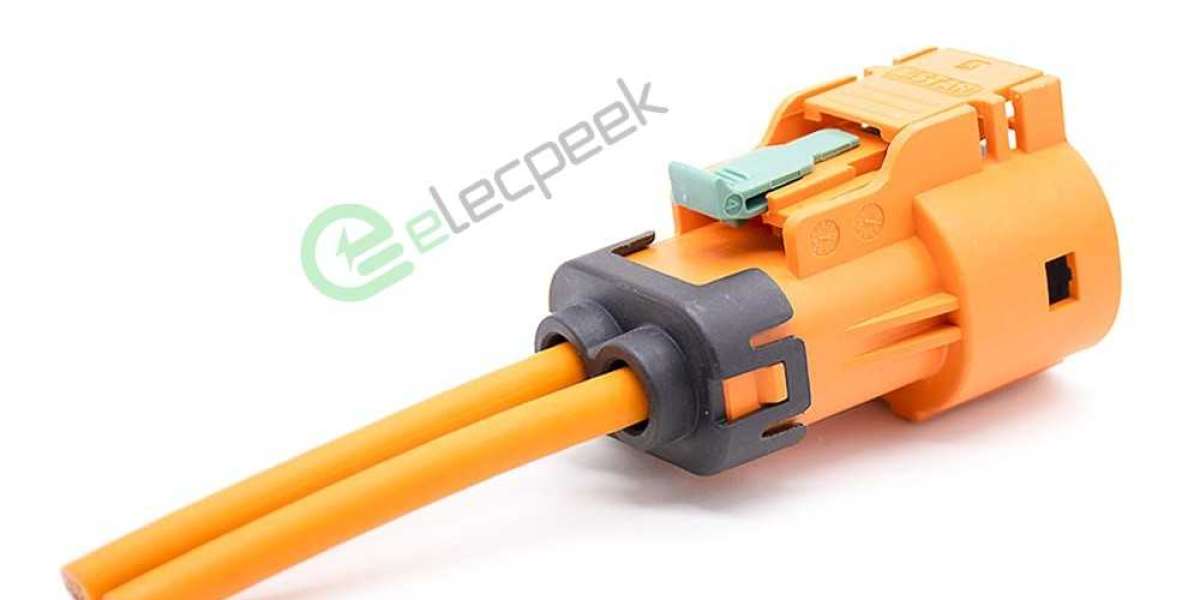Unlike mass-produced goods, which are standardized and manufactured in large quantities, bespoke products are custom-crafted to reflect the distinct identity, style, and requirements of the end user. This highly collaborative and iterative design process allows for greater creativity, flexibility, and attention to detail, resulting in one-of-a-kind products that resonate deeply with their intended audience.
One of the key benefits of bespoke product design is the ability to cater to the specific tastes, preferences, and lifestyle of the client. By engaging in close consultation and collaboration with the client, designers can gain valuable insights into their unique needs, aesthetic preferences, and functional requirements. This deep understanding allows designers to create products that not only meet the client's expectations but also exceed them, resulting in a truly personalized and meaningful outcome.
Moreover, bespoke product design offers unparalleled opportunities for creativity, innovation, and craftsmanship. Freed from the constraints of mass production and standardized processes, designers have the freedom to explore unconventional materials, techniques, and forms to realize the client's vision. Whether it's crafting custom furniture, designing bespoke jewelry, or creating personalized clothing, bespoke product design enables designers to push the boundaries of their craft and deliver truly exceptional results.
Another advantage of bespoke product design is the emphasis on quality, attention to detail, and craftsmanship. Unlike mass-produced goods, which are often produced quickly and cheaply, bespoke products are crafted with meticulous care and precision, using high-quality materials and artisanal techniques. This focus on quality not only ensures that the final product meets the client's expectations but also enhances its longevity, durability, and value over time.
Furthermore,mechanical product design services fosters a deeper sense of connection and engagement between the designer, the client, and the final product. By involving the client in every stage of the design process, from concept development to final delivery, designers can create a sense of ownership, pride, and emotional attachment to the product. This collaborative approach not only enhances the client's satisfaction but also strengthens the designer-client relationship, leading to future opportunities for collaboration and referral.
However, bespoke product design also presents certain challenges and considerations that designers must navigate effectively. Customization and personalization come at a cost, both in terms of time and resources, as bespoke products typically require more intensive research, design iterations, and production processes than mass-produced goods. Additionally, the highly personalized nature of bespoke products may limit their appeal to a niche audience, making it important for designers to carefully balance creativity and market demand.
Moreover, designers must ensure that the bespoke product aligns with the client's budget, timeline, and practical considerations. While clients may have lofty aspirations and ambitious ideas for their custom product, it is essential to manage expectations and provide realistic guidance on what is achievable within the constraints of the project. Effective communication, transparency, and collaboration are key to ensuring a successful outcome and a positive experience for both the designer and the client.
In conclusion, bespoke programming offers a compelling alternative to mass production, allowing designers to create custom-crafted products that reflect the unique identity, style, and preferences of their clients. By embracing collaboration, creativity, and craftsmanship, designers can deliver truly exceptional results that resonate deeply with their audience and stand the test of time. While bespoke product design requires careful planning, communication, and execution, the potential for creativity, innovation, and client satisfaction make it a rewarding pursuit for designers seeking to elevate their craft and create meaningful experiences for their clients.








